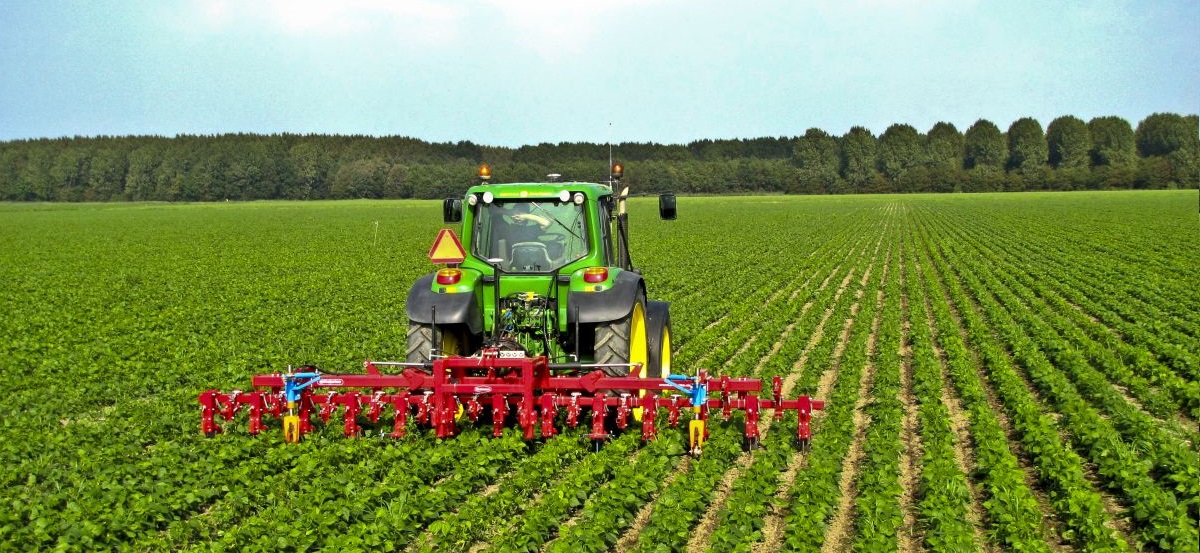
The NFU’s chief science and regulatory affairs adviser, Dr Helen Ferrier, promoted the importance of the agri-tech sector as a panellist at the Royal Academy of Engineers’ Innovation event last week.
The event showcased the latest advances in agri-tech which have successfully reached the market or are expected to in the next decade. Topics included precision farming, water and animal health.
The NFU is calling for government to re-affirm its long-term support for the Agri-Tech Strategy. The strategy is now starting to move more innovative technologies into the field to benefit the agri-food sector and wider economy. This, the NFU says, is one part of the solution - to sustainably increasing production to meet rising demand.
Invited as a key leader in the industry Dr Helen Ferrier discussed the challenge for farmers to build resilience to volatility with the use of agri-tech but, she said, the building blocks of digital connectivity must be in place.
Dr Ferrier said after the event: “Continuing support and funding of the agri-tech sector is vital in ensuring British science and innovation can reach more farm businesses.
“Agri-tech can enable the British farming industry to reduce our trade deficits, reduce waste, move us closer to production potential, provide tools to manage volatility and a fair, transparent and functioning supply chain. Collectively this gives farmers the confidence to invest.
“An agri-tech sector we can rely on is extremely important in the face of potential political and economic changes in the next 5-10 years which could severely impact the farming industry."
“Farming performance in the UK will be scrutinised as the expectation to produce more food with less impact on the environment and less land comes to the fore. Agri-tech will be key in helping, not just the farming sector, but the whole supply chain.”
